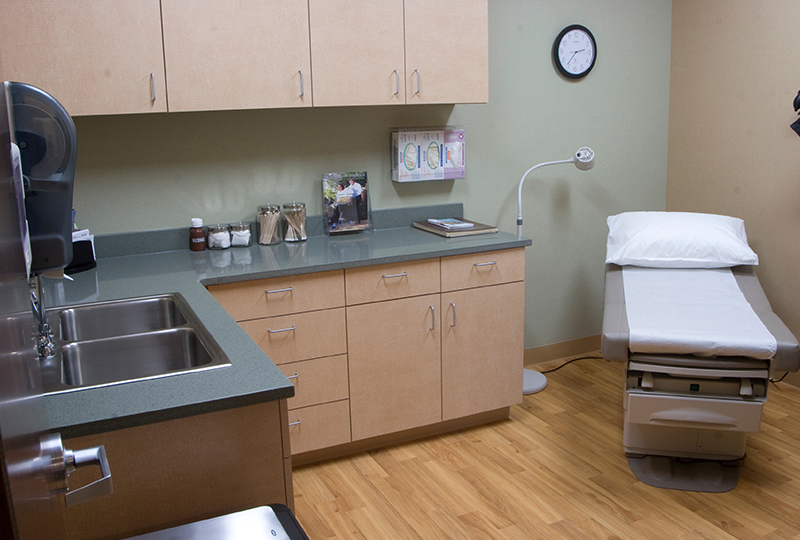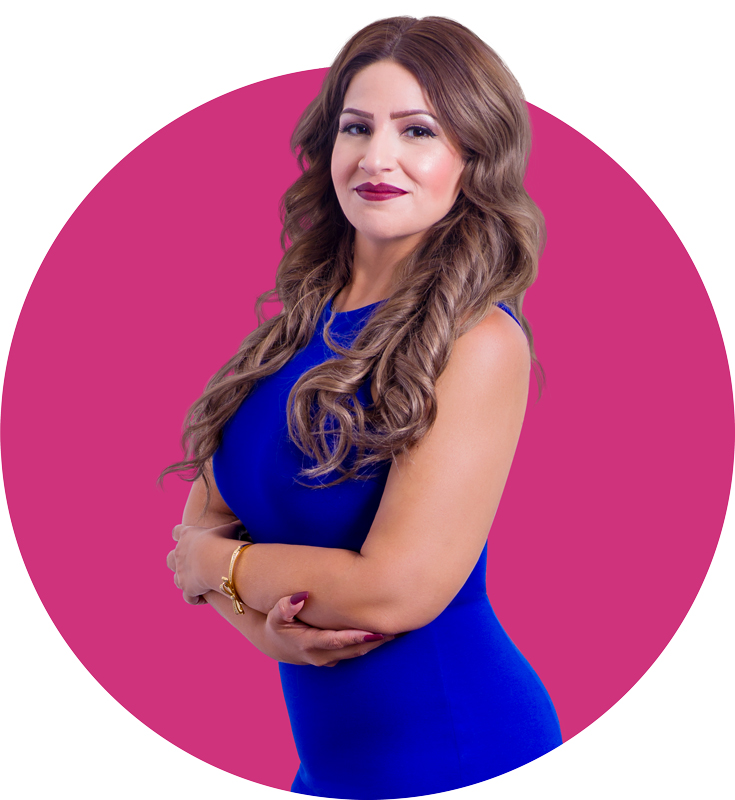Medicare
Cobertura de salud para adultos mayores

Medicare
Cobertura de salud para adultos mayores

¿Qué es Medicare?
Medicare es un programa gubernamental de seguros que se ofrece a las personas mayores de 65 años, a las personas con discapacidades físicas, así como quienes padecen una enfermedad renal en etapa terminal. El programa asiste a las personas mayores con apoyo financiero para gastos médicos, oftalmológicos, dentales, hospitalarios y otros relacionados con la salud.
¿Cómo funciona?
Hay dos tipos de Medicare: Medicare Original y Medicare Advantage.
El Medicare original le permite ir a cualquier médico y centro que acepte Medicare. Este programa solo cubre los gastos hospitalarios y médicos hasta el 80%, que corresponde a la Parte A y B de Medicare. No hay límite a lo que paga de su bolsillo. El Medicare original solo cubre una determinada cantidad de días en el hospital o en un centro médico. Además, Medicare Original rara vez cubre las urgencias médicas fuera del país.
Medicare Advantage, también conocido como parte C y D, puede cubrir los gastos odontológicos, oftalmológicos y de medicamentos con receta, además de los gastos hospitalarios y médicos. A diferencia de Medicare Original, Medicare Advantage tiene un máximo de gastos de bolsillo, lo que significa que después de alcanzar su deducible máximo, el plan empieza a pagar el 100% de la mayoría de sus facturas. Este plan puede cubrir también las facturas médicas de urgencia fuera del país. Consulte con su proveedor al respecto.
Explicación de las partes de Medicare
Medicare Parte A

Cobertura hospitalaria: Este es un seguro que cubre los gastos hospitalarios, los cuidados paliativos, las estancias en centros de enfermería especializada, las estancias en centros de rehabilitación y también incluye ciertos servicios de atención médica a domicilio.
No garantiza que se pague todo a largo plazo, hay restricciones que limitan el tiempo en que se cubrirán estos servicios, si es que lo hacen.
Medicare Part A Includes:
- Atención hospitalaria
- Atención en un centro de enfermería especializada
- Cuidados en residencias de ancianos (atención en un centro de enfermería especializado que no es de custodia ni de larga duración)
- Cuidados paliativos
- Atención médica a domicilio
Medicare Parte B

Cobertura médica: Cubre los servicios de salud que incluye las visitas al médico, traslados de ambulancia, la investigación clínica, equipo médico de calidad, la salud mental y los medicamentos recetados ambulatorios en calidad limitada.
Se divide en dos secciones: Servicios médicamente necesarios y Servicios preventivos
La Parte B de Medicare incluye:
- Investigación clínica
- Servicios de ambulancia
- Equipo médico duradero (DME)
- Salud mental
- Hospitalización
- Consulta externa
- Hospitalización parcial
- Medicamentos recetados ambulatorios limitados
Medicare Parte C

Medicare Advantage: Es una alternativa a Medicare Original (Parte A y B), ofrecida por compañías de seguros privadas en conformidad con el gobierno federal.
Incluye la misma cobertura que Medicare, además de prestaciones complementarias adicionales con primas mensuales más altas en comparación con el Medicare Original.
Medicare Parte D
La Parte D cubre todos los medicamentos recetados que pueda necesitar. Es un programa independiente que solo cubre los medicamentos recetados. Es importante seleccionar el mejor programa para tus necesidades.
- Nivel 1.- pago parcial más bajo: la mayoría de los medicamentos recetados son genéricos
- Nivel 2.- pago parcial medio: preferido, medicamentos de marca
- Nivel 3.- pago parcial más alto: medicamentos recetados de marca no preferidos
- Nivel de especialidad.- Pago parcial más alto: medicamentos con receta de muy alto costo
¿Quién puede acogerse a la Parte D de Medicare?
- Cualquier persona de 65 años o más
- Las personas menores de 65 años con determinadas discapacidades también pueden calificar
- Personas con enfermedad renal terminal (IRT), que deriva de la insuficiencia renal permanente (que requiere diálisis o un trasplante de riñón)

«¡Le conseguimos un buen seguro a un buen costo!»
Nuestra misión es conseguirle la mejor cobertura de salud